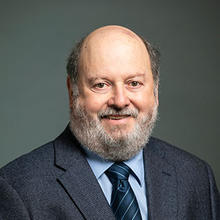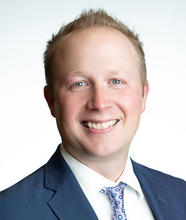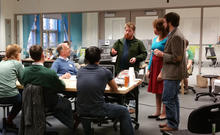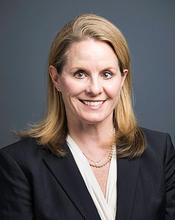- July 2, 2025
It’s one thing to be a force for good behind the scenes. Having consumers reward you for it, however, depends upon a unique combination of elements.
- June 16, 2025
A Costello College of Business professor’s 2019 academic paper was one of the first to analyze the unique market features of the federal government contracting ecosystem.
- September 19, 2024
Post-Covid complaints about “Zoom fatigue,” work-life imbalance, etc. belie a deeper longing for what was lost in the transition to remote work.
- April 28, 2023
Whether it is pressing deadlines, overwork, or employees feeling they are not being supported, anger in a work environment can be unavoidable. Over time, the anger and frustration can compound, causing anger to spread through the entire team or organization, creating what George Mason University expert Mandy O’Neill calls a “culture of anger.”
- December 13, 2022
Managers often struggle to motivate their teams, but that could be because they’re looking in the wrong place. Mason School of Business professor Shora Moteabbed believes that how employees relate to one another on a one-to-one basis is key to understanding—and influencing—workplace behavior.
- December 1, 2022
George Mason University’s Business for a Better World Center (B4BW) recently convened an in-person Stakeholder Roundtable on the subject of Corporate Governance. The half-day event took place at Point of View International Retreat & Research Center at Mason Neck in Lorton, VA on October 21.
- November 2, 2022
It’s 9 am. Do you know where your team members are? Before Covid, the answer was simple: They were – or were expected to be – in the office. The pandemic erased that certainty and accelerated the pace toward work-place flexibility. As we move forward in our post-covid work environment, employees are strongly indicating their preference for flexibility and self-determination regarding their working environment. A portion of the workforce will desire to stay at home with high flexibility, whereas others will return to the office by choice.
- September 14, 2022
Today's workforce might best be described in terms of tumult: Great Resignation, Great Retirement, Great Reshuffle, etc. In this "new normal," managers must learn to navigate a state of continual transition in their teams and organizations, while keeping up with day-to-day demands. Likewise, George Mason University School of Business Management Professors Sarah Wittman and Kevin Rockmann believe that it is time for scholars to change the way they think about role transitions to better align their theories with our increasingly uncertain world.
- September 8, 2022
We’ve all become familiar with the pandemic-related reasons behind the upheaval in the labor market, as well as the standard-issue solutions like trying to infuse work with purpose or offering employees remote working. While these are practical suggestions, they have not restored stability to the workforce. It is our contention that any broad-brush advice for retaining employees in the current environment will be insufficient. Whether managers like it or not, employees will demand sensitivity and adjustment to their psychological needs as individuals.
- March 15, 2022
Victoria Grady, associate professor of management and program director of the Masters of Science in Management at Mason, has a new book, Stuck: How to WIN at Work by Understanding LOSS, which is the result of years of research and writing with her co-author Patrick McCreesh, an adjunct management professor at Mason. Stuck plumbs an area of psychology known as attachment theory, first developed in the mid-20th century by John Bowlby, a British psychoanalyst.










